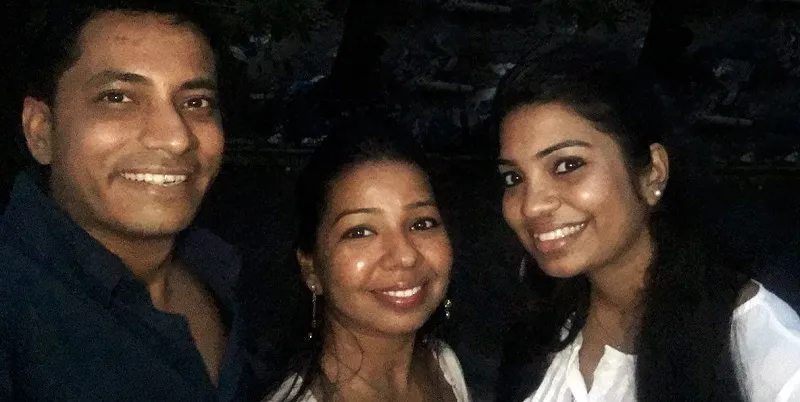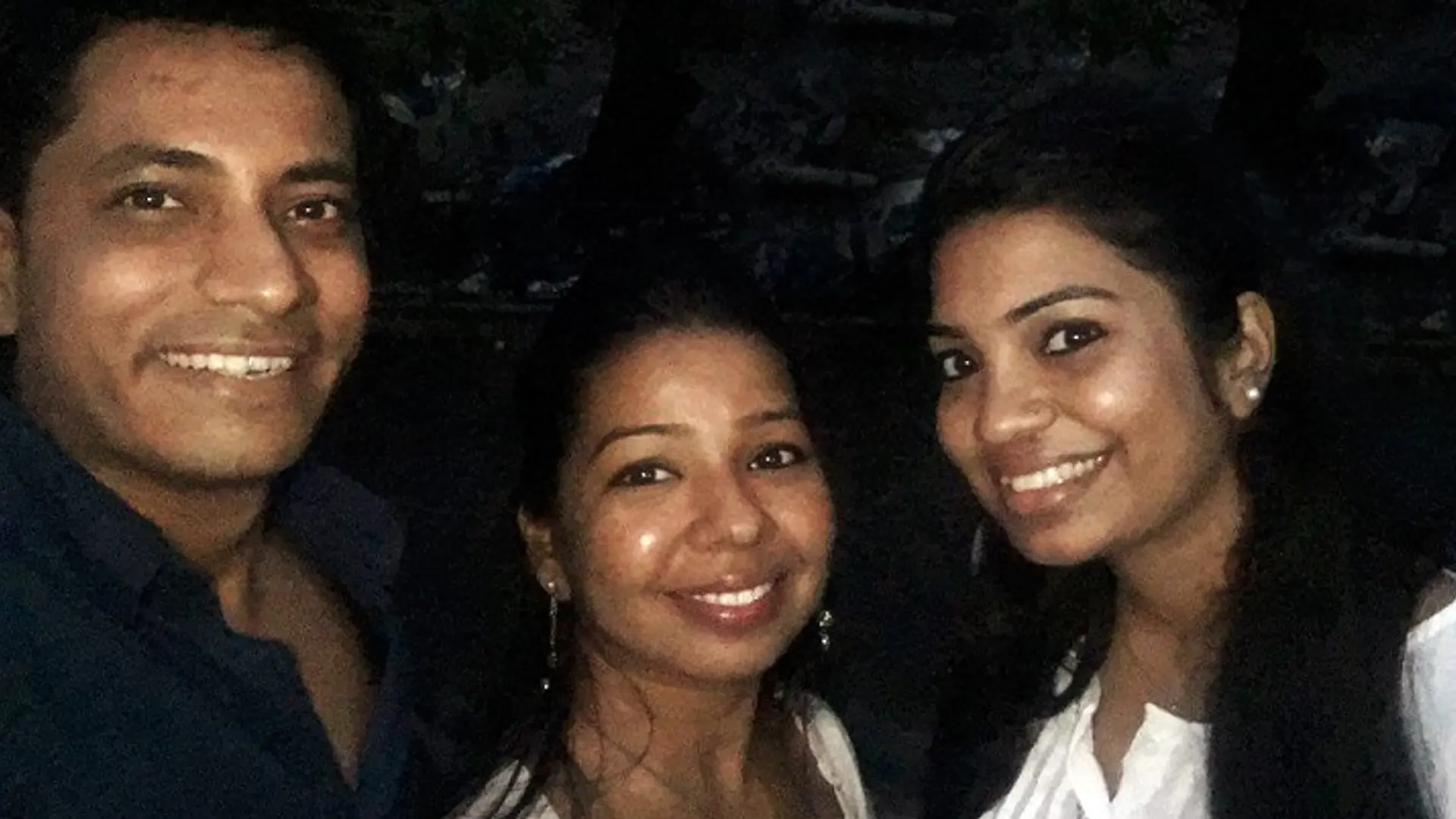Remek focuses on nurturing traditional arts, provides artisans with market access and visibility
Mumbai-based Remek is bringing unique and authentic handcrafted pieces from traditional artisans to young and urban Indians. It’s been six months, and the startup clocks 300 website visitors each day with a monthly run rate of Rs 50,000.
An old saying goes that India has a new culture every 30 kilometres. Almost every region has its own traditional form of arts and crafts, including paintings, embroideries, carvings, sarees and others. The craftsmen in these villages hold aloft the flag of culture, but sadly neglect is eating away at many of these arts and crafts.
So when three people who were passionate about travel and culture met, they decided to set up a company that would save traditional crafts by giving artisans access to a larger market.

Satya Dwivedi, Mandawi Verma and Madhavi Verma met through common friends at work. Satya had graduated from IIM-A, Mandawi was from IIM-C while Madhavi had a degree from IMT Ghaziabad. All three were working in the corporate sector before they decided to start Remek in July 2016.
“These age-old crafts, and the stories associated with them, are dying with time. With artisans facing economic hardship, these art forms are on the verge of extinction,” Mandawi says. She says these traditional artists have very little access to the market, and there are no visible platforms to tell the background stories associated with art.
Testing and adapting to the market
The trip quit their jobs by the end of 2015 and travelled extensively to many villages of Madhya Pradesh, Chhattisgarh, Odisha, Bihar, West Bengal and north-eastern states to meet these artists. They lived among them, listened to their stories and jotted down local tales that the artisans depicted in their paintings. They procured some of the paintings and decided to test the market.
“Very quickly we realised that the market is very niche and most people do not appreciate the value of these paintings unless they know about the craft,” Satya says.
To provide continuous revenue to the artist, the company expanded beyond paintings, to include things that could be understood and bought by more customers.
“We expanded into home decor. Now we are expanding into clothing and jewellery,” Madhavi says.
After deep market research and the setup of a procurement cycle, the company launched its ecommerce brand Remek in July 2016.
Remek means “masterwork/masterpiece” and it is an effort to bring unique and authentic handcrafted pieces from traditional artisans in the hinterlands of India to young and urban Indians.
“We want to celebrate the diversity of our culture by depicting myths, legends and folklore of a tribe as interpreted by local traditional artisans,” Mandawi says. She says that by doing this they strive towards providing a sustainable life to artisans.
The company follows a collaborative business model, so that craftsmen are also important stakeholders. Ninety-five percent of their product development results from collaboration, where they provide the craftsmen with raw material. The creative team supplies contemporary design inputs and the artisans then finish and present their final products.
Remek initially used the inventory model where they procured products from artisans and stored as inventory.
“This was done to gain their trust,” Satya says. He adds that Remek is now slowly moving towards a consignment basis of sourcing, where they share the risk with artisans.
“We believe that unless the artisan is made a key stakeholder in the business model and is invested in the venture, the company will not be able to provide unique products,” Madhavi says.
What does the future hold?
Remek recently launched their B2B arm, catering to customers in segments like hotel chains, tourism departments, corporate gifting and interior decoration. In this segment, they are focusing on domestic and international markets. For this, they obtain orders from customers and provide products in agreed time spans.
The company is also looking to expand in the services sector. In this model, as a service, the artisans will paint walls or other items as required by end customers. The customers will be charged on an daily/hourly basis.
“We are also in the process of developing a mobile app to provide our ecommerce and service platform through smart phones,” Mandawi says.
In 6 months, the company is clocking 300 daily website visitors and a monthly run rate of Rs 50,000.
Based on their learnings over the year, Remek has a three-pronged strategy for scaling up in the next few months. The company is going to focus on:
- Targeted marketing campaigns focused on specific target consumers
- Increase the reach of Remek through larger platforms like Flipkart and Amazon
- New category development with high demand focused categories
The results to their B2B arm have also been “pretty encouraging”.
“We already have one Maharashtra government department, one 5-star hotel and two renowned interior decorators in Mumbai as our customers,” Satya says.
Going forward, the company's business development team will be specifically focused on B2B lead generation and initiatives.
According to IBEF, the Indian handicraft industry is potentially a $100-billion industry worldwide. The industry's current sales are pegged at around $5.8 billion annually.
Remek’s two major competitors are Gaatha and Jaypore. Both of them focus extensively on clothing and jewellery while Remek has a broader focus on home décor, including lamps, lights, artifacts and kitchen ware.
Businesses that support Indian craft are big these days.
Titan has also jumped on to the bandwagon and aims to revive handloom weaving, one of the oldest occupations in India, and the saree, the oldest garment in the country, through its newest venture Taneira.
But Mohandas Pai, Managing Director of Aarin Capital, believes that any startup “must generate money fast and figure out a business model that can scale up”.
If the Tata Group can bet on 20 clusters of Indian saree making, why can't a startup bet on traditional artifacts? Remek has the right mindset, for sure, but needs to start generating cash soon.







